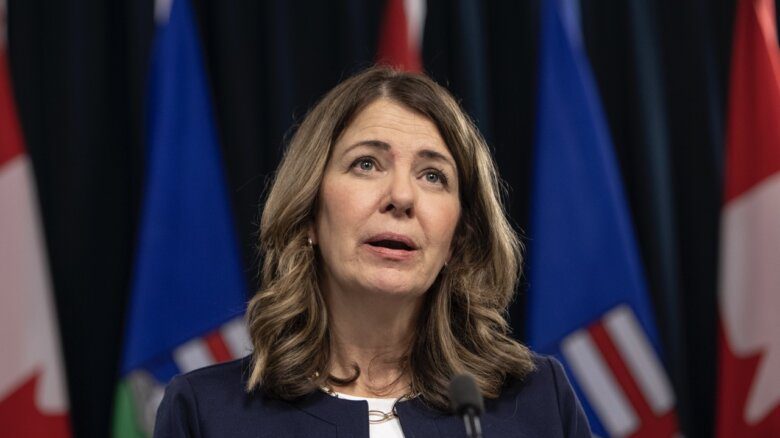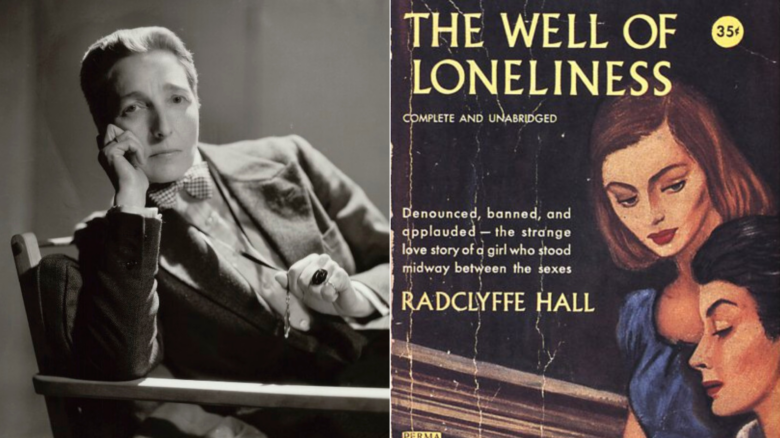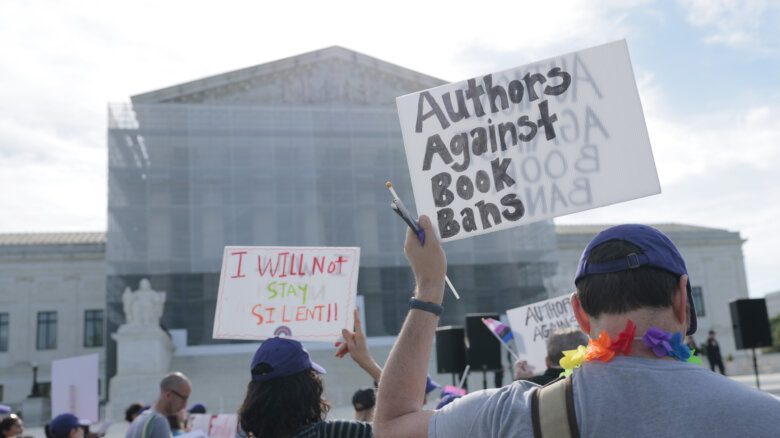Below is the the final part of a three-part video series with international AIDS activist Stephen Lewis. In this installment, Lewis talks with local AIDS activist Tim McCaskell about the link between HIV/AIDS and homophobia, Jamaica’s human rights record, and Lewis’s demand for an apology from Coca-Cola.
Lewis says that Coca-Cola sponsored a concert in Jamaica six months ago that headlined homophobic reggae performer Sizzla.
“Sizzla sang a song from the platform, as everyone could have predicted he would, advocating the killing of gays from the platform,” says Lewis. “The entire concert was sponsored by Coca-Cola. And behind Sizzla was a big Zero Coke sign.”
Lewis wants the company to run a full-page apology in all Jamaican newspapers and sponsor a gay-friendly concert in Washington, DC, during the International AIDS Conference.
If it doesn’t, Lewis says he has told the multinational corporation that “we’re going to go after you internationally.”
For previous installments of this interview, click here.
Click here for the full Q & A with Tim McCaskell.
 Why you can trust Xtra
Why you can trust Xtra


